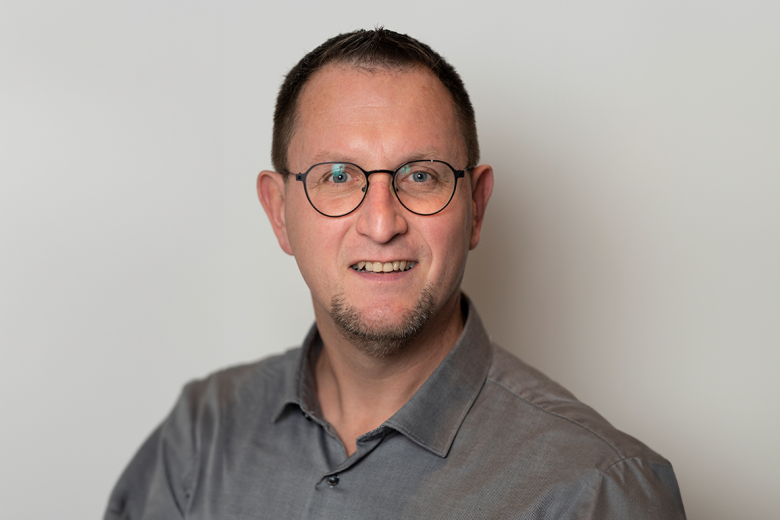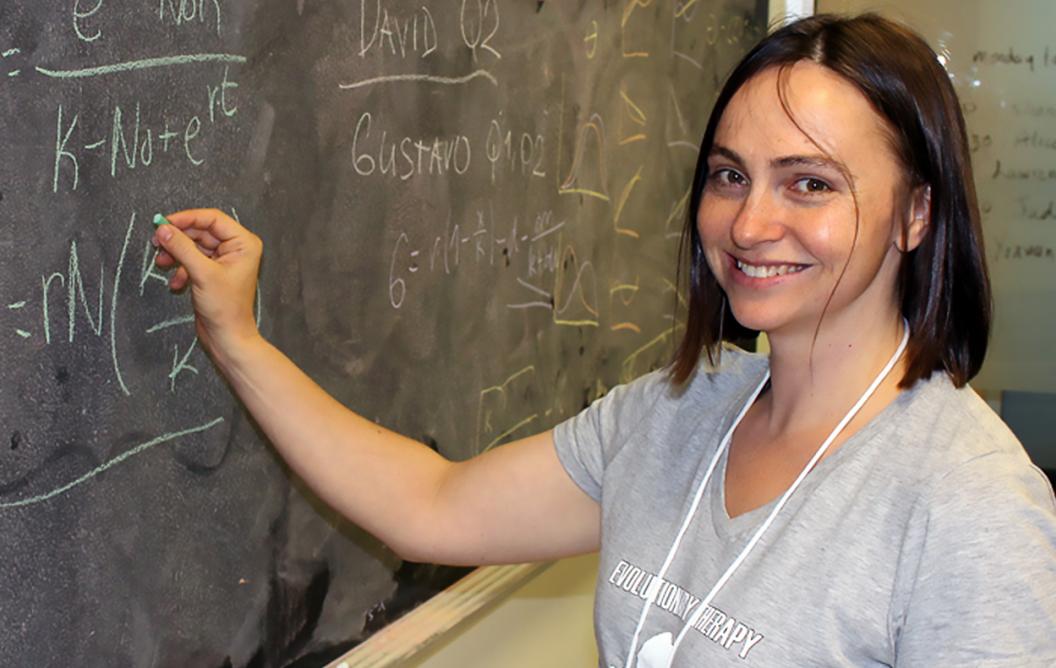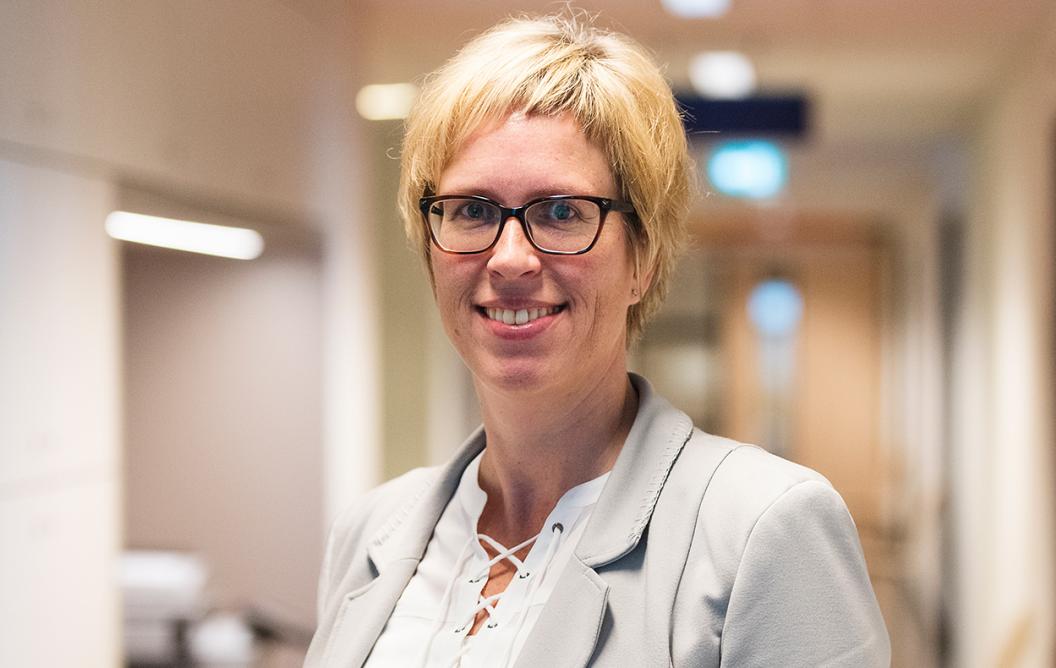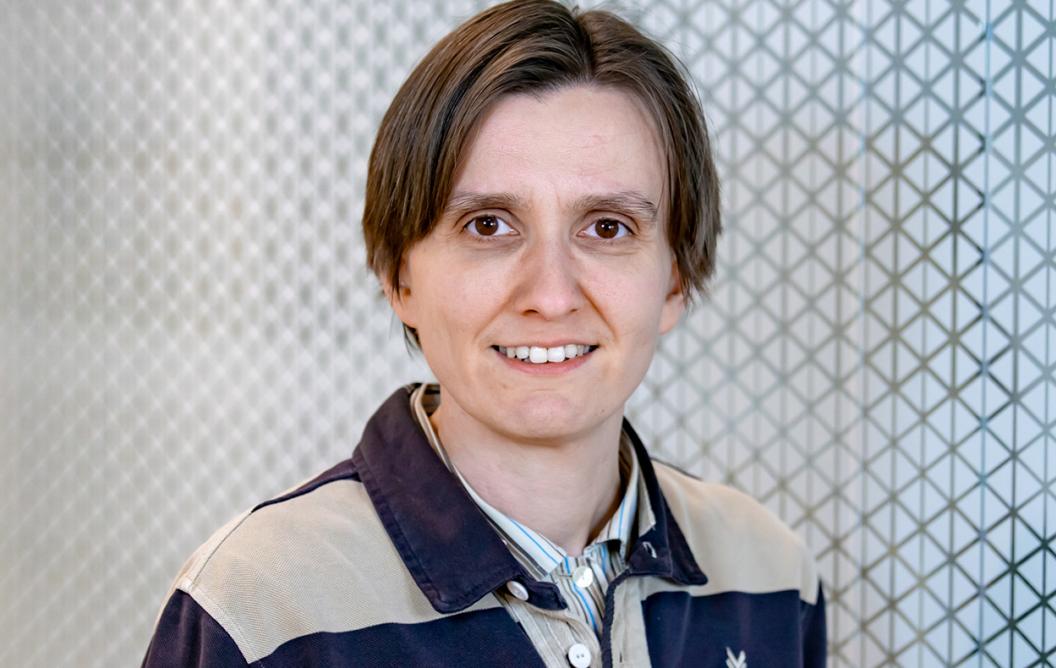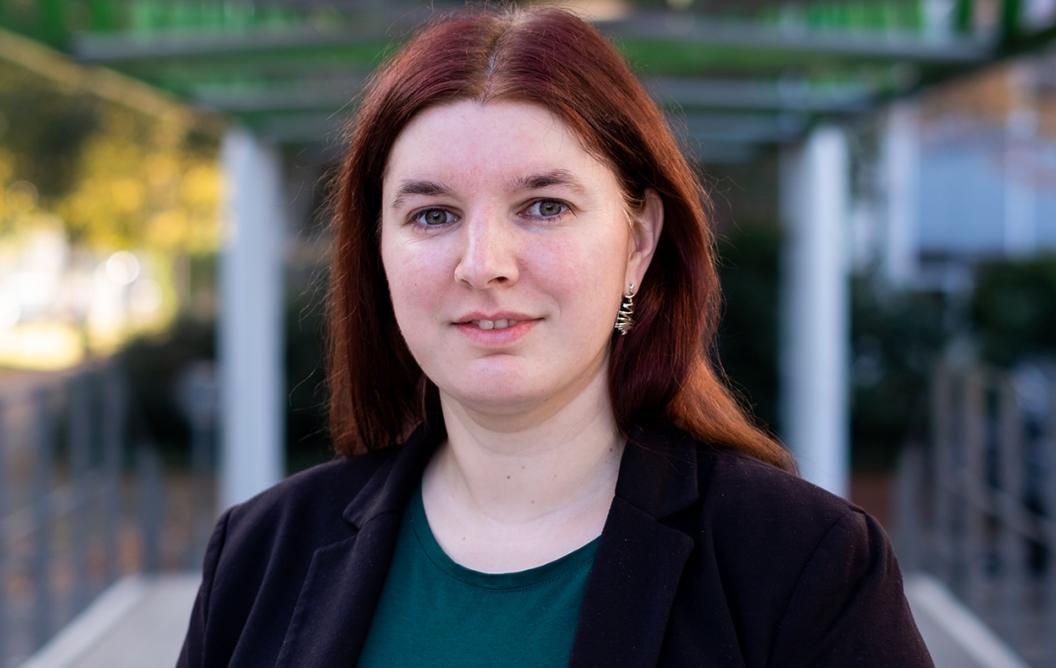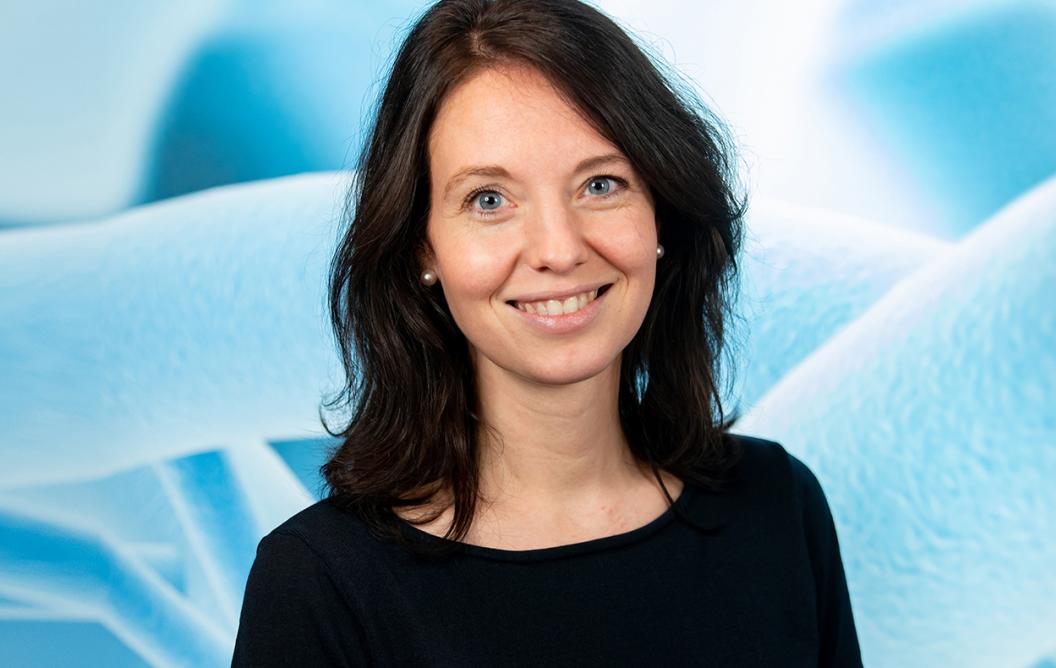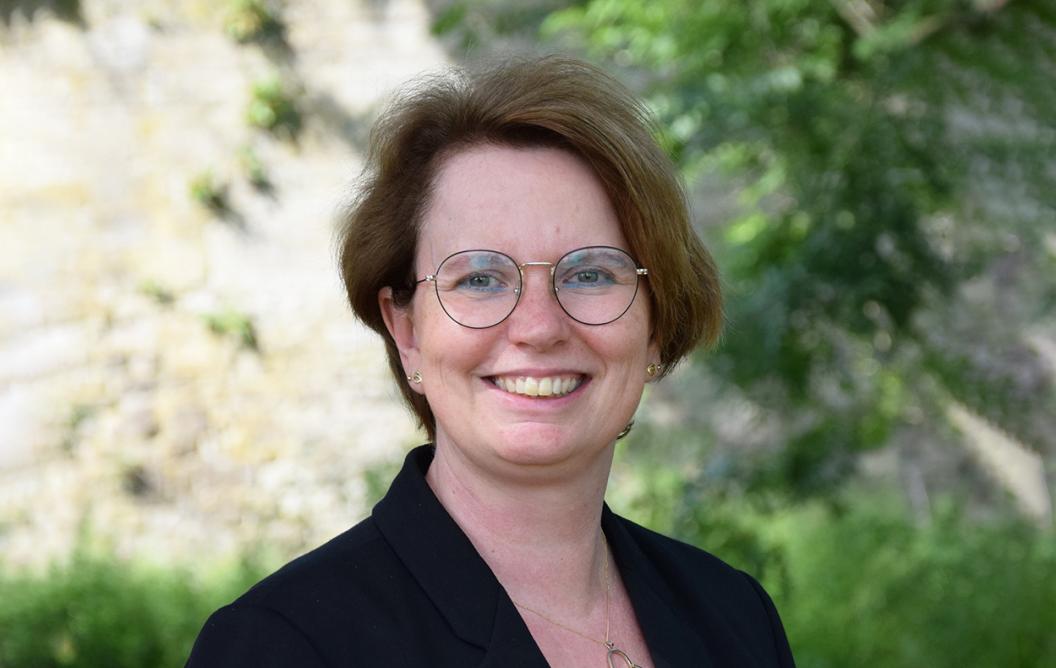Embracing women and girls in science
For decades, women are underrepresented in science, and in particular in STEM (Science, Technology, Engineering and Mathematics).
One of the theories why there is still such a gender gap in STEM is that women don’t prefer a career in the exact sciences because of a lack of role models.
So, let’s highlight some female researchers at Maastricht University who have chosen a career in science, technology, engineering and mathematic. And who knows…it might inspire young girls to choose an education that sets them up for a career in the exact sciences.
I chose applied mathematics because I believed (and I still believe!) that modelling real-world problems will help us to understand and solve them. Join us. We need many diverse superpowers to improve the world...and also your super powers.
Dr. Kateřina Staňková
Department of Data Science and Knowledge Engineering (DKE)
I never really ‘chose’ STEM, I just followed my curiosity so STEM chose me. STEM turned out to be a very welcoming field with lots of opportunities to learn and grow.
Prof. Ilja Arts
Maastricht Centre for Systems Biology (MaCSBio)
Originally, I studied chemistry and later on I complemented this with informatics studies. As a woman I like to understand how things work and I wanted to be able contribute to societal challenges like sustainability, and then science is the ideal field. When you work in science, there is never a dull moment and you have a very diverse and creative job.
Dr. Katrien Bernaerts
Aachen-Maastricht Institute for Biobased Materials (AMIBM)
I became a physicist as I always wanted to contribute to answering all the open questions about the world we live in - and I found the, for me, perfect job. My recommendation to everyone is: Never let any stereo types or predjudices get between you and your dreams.
Dr. Jessica Steinlechner
Department of Fundamental Physics and Graviational Waves (GWFP)
I have always been fascinated by the human brain, and I study it using state-of-the-art imaging methods that produce a very large amount of data in a short time. Computational and mathematical tools allow making sense of these data enabling me to see the human brain in action. Given that, beyond brain research, all biological data is now generated at a dizzying pace, STEM skills are becoming increasingly important for performing cutting-edge research in any field of biology.
Dr. Michelle Moerel
Maastricht Centre for Systems Biology (MaCSBio)
My curiosity about how materials are made in nature and in industry drew me to studies in molecular sciences and chemical engineering. STEM enables you to understand complex systems and to develop solutions to challenging issues, such as tackling climate change and plastics pollution.
Prof. Yvonne van der Meer
Aachen-Maastricht Institute for Biobased Materials (AMIBM)
Also read
-
DigiMach: Digital Transformation of the Machining Value Chain for Sustainable Growth
DigiMach is a transnational 3-year collaborative approach that will transform manufacturing across the Meuse-Rhine region by bringing AI, IoT, and robotics to small and medium-sized enterprises in the machining sector. The project will assist more than 150 SMEs to adopt smart, digital tools, through...
-
Working at UM: “a life-changing experience”
"I am proud that our new Circular Plastics group published its first completely in-house research," Kim Ragaert says. She founded the research group three years ago, when she moved to Maastricht. Her work has laid the foundations for many innovations in the field of plastic recycling, and she is...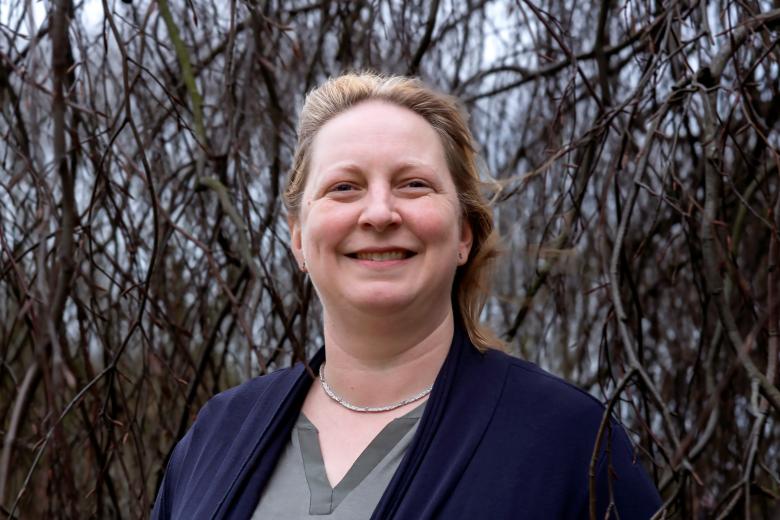
-
How does the universe taste?
Gerco Onderwater investigates the flavour of the universe while guarding the flavour of the Maastricht Science Programme. On 31 May, during his inaugural lecture, he provided a pre-taste of his work in Maastricht.